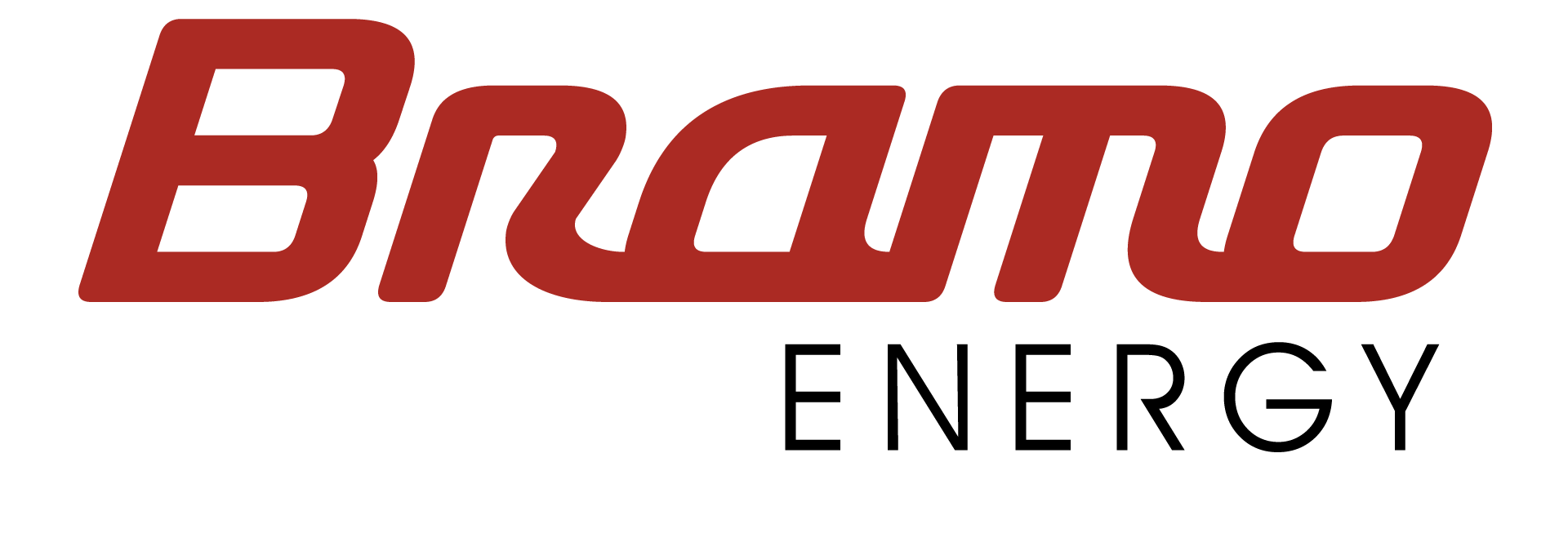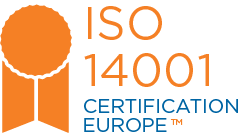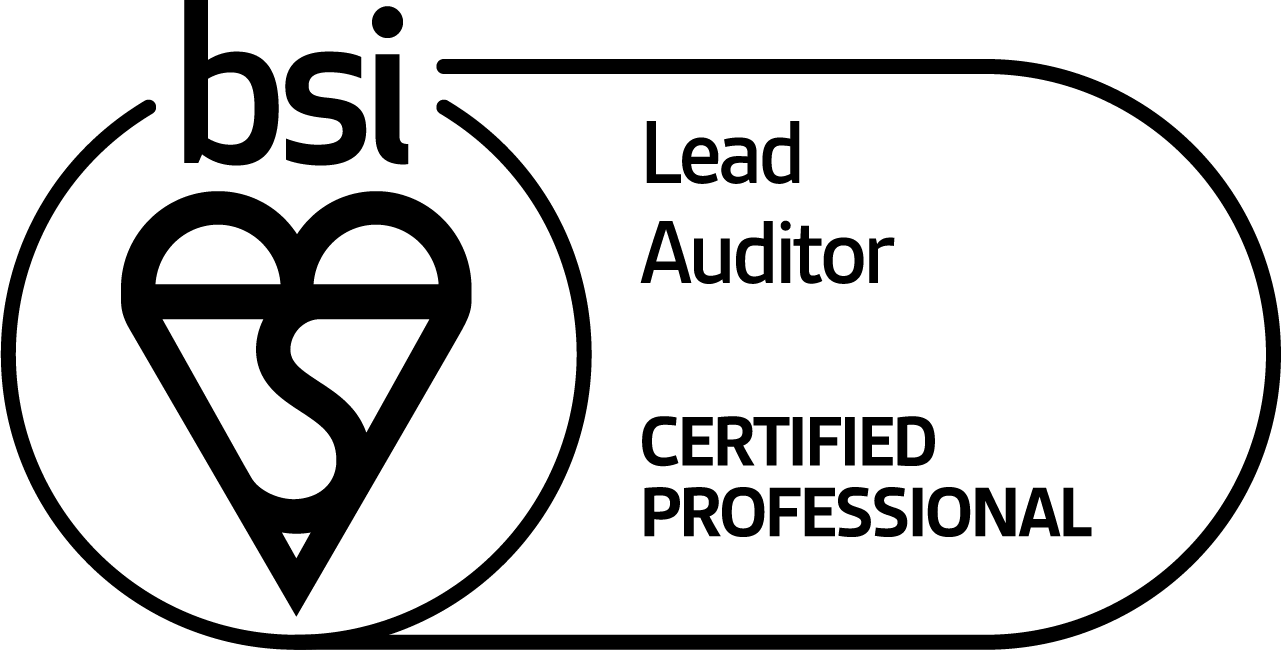
Why Sustainability Reporting Matters.
Sustainability reporting fosters transparency and accountability, helping companies build trust with stakeholders.
It
aids in regulatory compliance, risk management, and offers a competitive edge by boosting brand reputation and customer loyalty. Reporting aligns business practices with sustainability goals, supporting better stakeholder communication and strengthening relationships.
This article focuses on summarising the main areas:
Common Reporting Frameworks
UK Reporting Frameworks
- Task Force on Climate-related Financial Disclosures (TCFD) - Required for certain UK companies, focusing on climate-related financial risks.
- UK Sustainability Disclosure Requirements (SDR) - Emerging regulations aligning with international standards for consistent sustainability disclosures.
- Streamlined Energy and Carbon Reporting (SECR) - Mandates reporting on energy use, emissions, and energy efficiency actions.
European Reporting Frameworks
- Corporate Sustainability Reporting Directive (CSRD) - New EU regulation requiring more detailed and standardized ESG disclosures for large companies from 2024 onward.
- EU Taxonomy - A classification system to identify environmentally sustainable activities for investment and reporting.
- Non-Financial Reporting Directive (NFRD) - Requires large EU companies to disclose non-financial information on ESG topics; set to be replaced by CSRD.
- European Sustainability Reporting Standards (ESRS) - Linked to CSRD, these standards provide detailed guidance for ESG reporting in the EU.
US Reporting Frameworks
- Sustainability Accounting Standards Board (SASB) - Focuses on financially material sustainability information for investors across specific industries.
- Carbon Disclosure Project (CDP) - Provides a platform for disclosing environmental data on climate, water, and forests, widely used by companies globally.
- Climate Disclosure Standards Board (CDSB) - Offers a framework for environmental reporting and is often used in the US, now integrating with ISSB.
- Global Reporting Initiative (GRI) - Although global, GRI is widely adopted in the US and provides comprehensive guidelines on economic, environmental, and social impacts.
Frequency of Reports
Most organisations publish annual sustainability reports to provide timely updates on ESG performance, though significant developments may warrant more frequent updates.
Roles and Responsibilities
Sustainability reporting typically involves the Chief Sustainability Officer, Sustainability Managers, cross-functional teams (finance, HR, operations), and oversight from the Board of Directors to ensure alignment with long-term goals.
Compliance Strategies
To stay compliant, companies should understand regulations, have a clear reporting strategy, and implement accurate ESG data systems. Regular updates on regulatory changes, stakeholder engagement, and external assurance help maintain compliance.
Key Performance Indicators (KPIs)
Common KPIs include carbon footprint, energy consumption, waste reduction, diversity metrics, and social impact. These indicators guide companies toward sustainable improvements.
Data Verification
Ensure accuracy by having robust data collection, regular audits, and external assurance. Continuous KPI monitoring helps catch anomalies early and track progress effectively.
Importance of Transparency
Transparency builds trust, fosters accountability, encourages feedback, and enhances reputation, providing a competitive advantage.
Ensuring Accuracy
Accurate reporting relies on robust data collection, regular audits, cross-departmental collaboration, KPI monitoring, and external assurance.
Trends in Sustainability Reporting
Key trends include demand for precise data on Scope 3 emissions, new EU regulations, increased investor scrutiny, and adoption of reporting platforms to streamline processes.
Technology’s Role
Technology, including AI, data analytics, and blockchain, is transforming sustainability reporting by improving data accuracy, enabling real-time insights, and automating processes.
Future of Reporting
Expect a shift toward integrated financial and sustainability reporting, driven by global standards and regulations like the EU’s CSRD. Companies are expected to enhance transparency and disclose detailed ESG metrics.
Setting Sustainability Goals
Companies set goals by aligning with business strategies, engaging stakeholders, implementing specific targets, and regularly reporting on ESG practices for long-term impact.
Impact on Corporate Strategy
Sustainability reporting shapes corporate strategy by managing risks, aligning operations with ESG goals, enhancing reputation, and driving resource efficiency. Stakeholder engagement ensures that strategies meet societal expectations.

Our Expertise, Your Results.
We blend technical expertise with practical experience across diverse industries, making us the perfect partner to guide you through your sustainability reporting requirements.
With our support, you’re not only securing compliance but also preparing your facility for long-term efficiency and sustainable success.
Would you like to know more?
Do you have any questions about one or more of these topics?
Feel free to contact us at hello@bramoenergy.com.





























